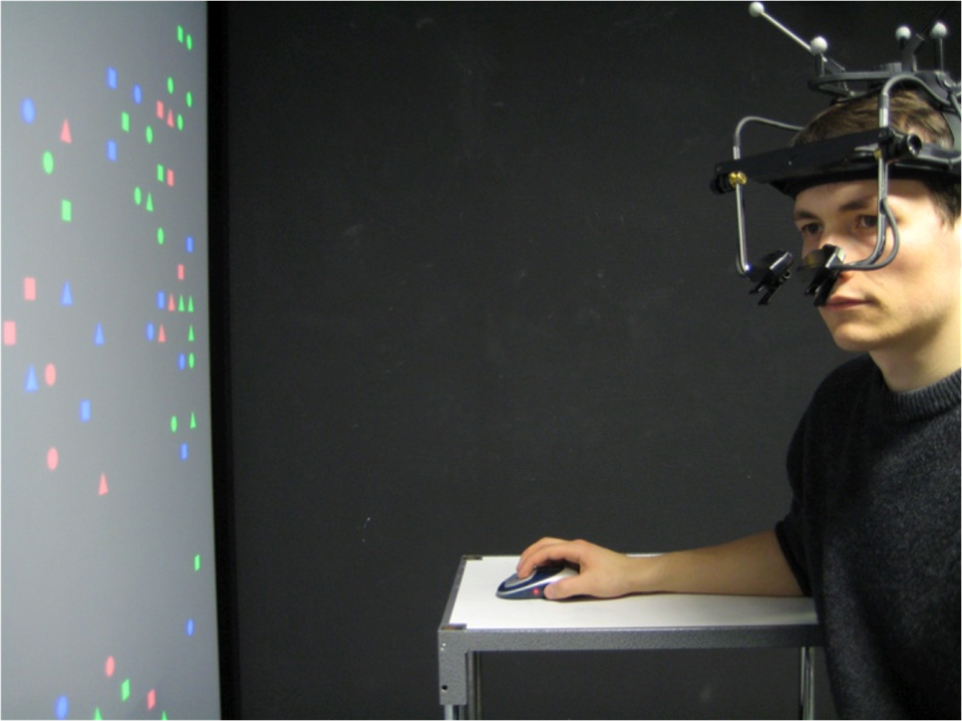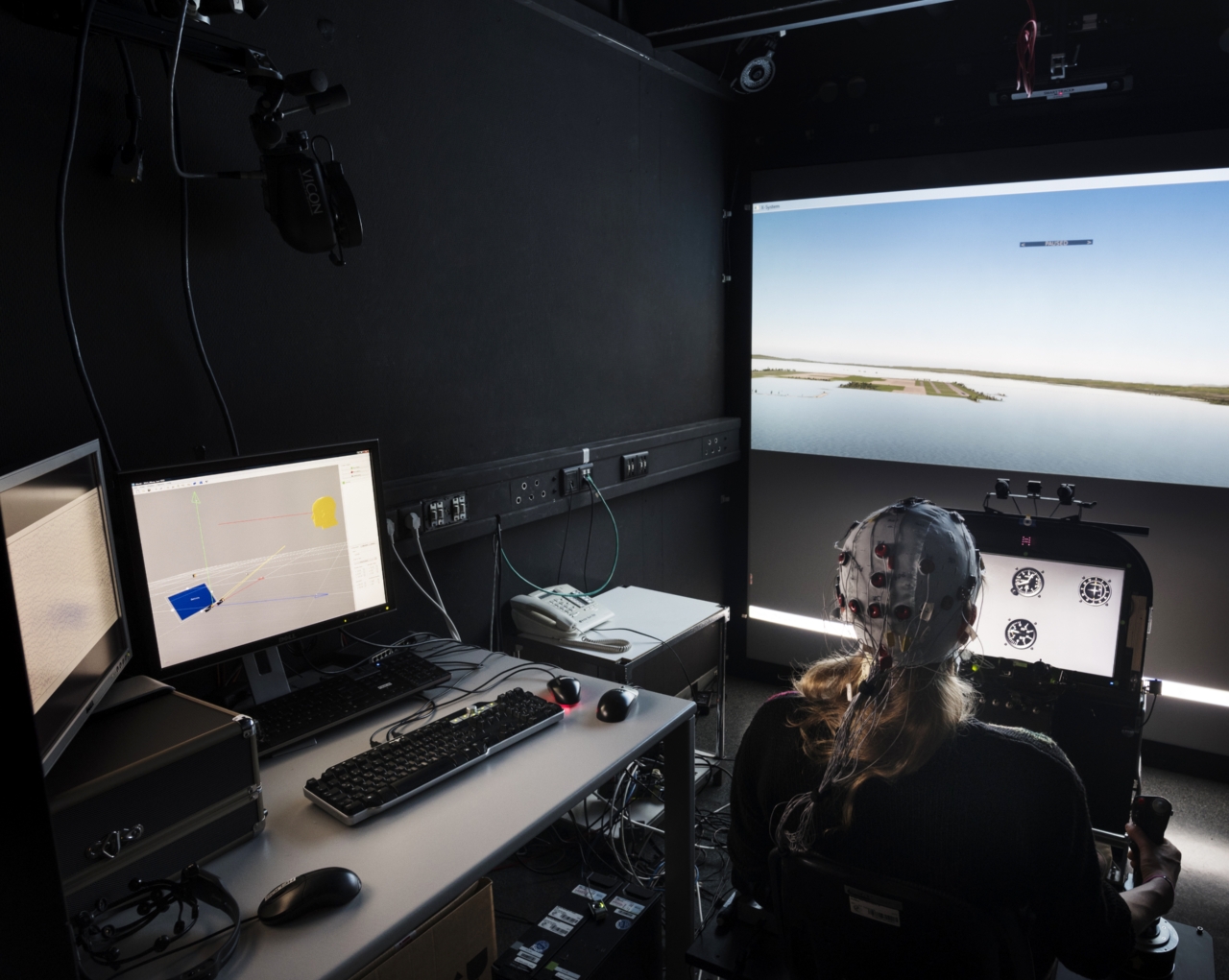
Quantifying User-centered Experiences (QUE-2016)
In this modern age, we interact wth computing systems every day and everywhere. Computing systems provide us with information at our fingertips and act on our behalf across large distances (across space and time). What do we, as users, experience when we interact with computing systems? How can computing systems be developed to improve this experience? In fact, what is a desirable computing experience?
QUE-2016 is a summer school that is motivated to train postgraduates in understanding how to quantify what humans experience in order to develop computing systems that deliver a better computing experience. Therefore, we have invited instructors from the fields behavioral science, electrical engineering, and human-computer interaction, to share their expertise on how they collectively understand, measure, and develop the experience of interacting with user-centered computing systems.
Successful applicants will learn how analog user behavior can be digitised and filtered for inference, the latest methods of observing human behaviour, the perceptual and cognitive capabilities (and limitations) of human behaviour, and how computing systems are designed to deliver novel experiences. Participants will have the opportunity to present and develop their projects with the instructors. Practical lab sessions wlll allow participants to experience first-hand: digital signal processing, psychometric fitting, eye-movement and EEG analysis.
We welcome applicants from the fields of media, computing sciences, and behavioral sciences. Travel fellowships are available for international applicants.
Program
Saturday, 2nd July – Day 1
University of Stuttgart, SimTech-Building, Pfaffenwaldring 5a, 70569 Stuttgart, Room 00.009
09.00 – 10.30 Digital signal processing — Sampling and filtering (Andrew Kun)
10.45 – 12.15 Application Research in the Large (Niels Henze)
LUNCH
13.30 – 15.00 Sensors and Context (Albrecht Schmidt)
15.15 – 16.45 Introduction to Virtual and Augmented Reality (Albrecht Schmidt, Markus Funk)
Sunday, 3rd July – Day 2
University of Stuttgart, SimTech-Building, Pfaffenwaldring 5a, 70569 Stuttgart, Room 00.009
09.00 – 10.00 DSP Hands-on session, part 1 (Andrew Kun)
10.15 – 11.15 DSP Hands-on session, part 2 (Andrew Kun)
11.30 – 13.00 Cognitive Load: Measuring and secondary tasks (e.g. Driving Simulation) (Bastian Pfleging)
LUNCH
Social Event: Visit to Tuebingen
Monday, 4th July – Day 3
University of Stuttgart, VISUS, Allmandring 19, 70569 Stuttgart, Room 00.012
09.00 – 10.00 Lecture: Experiment Design (Lewis Chuang)
10.15 – 11.15 Lecture: Statistical Inference (Lewis Chuang)
11.30 – 12.45 Lecture: Human Sensory Perception (Tonja Machulla)
LUNCH
14.00 – 15.00 Lecture: Psychophysics (Alessandro Nesti)
15.15 – 16.45 Hands-on session: Psychtoolbox and psychometric functions (Alessandro Nesti)
17.00 – 18:00 Lecture: Human-Robot Interactions (Dr. Mohammad Obaid)
18.00 Social: Grill (and USA Independance Day celebrations)
Tuesday, 5th July – Day 4
University of Stuttgart, VISUS, Allmandring 19, 70569 Stuttgart, Room 00.012
09.00 – 10.00 Poster Session: SFB PhD students present for discussion
10.15 – 12.00 Workshop Session: Discuss experiment design for presented proposals
LUNCH
13.15 – 14.00 Lecture: Attention and Eye-tracking (Lewis Chuang)
14.15 – 15.00 Hands-on session: Eye-tracking recording (Lewis Chuang, Jakob Karolus, Valentin Schwind)
16.00 – 17.30 Keynote lecture: Logfile Analysis and Thinking Aloud – Mixing Quantitative and Qualitative Methods for Data Analysis (Margit Pohl, Vienna University of Technology)
Quantitative and qualitative methods of analysis and interpretation of data have different strengths and weaknesses. Both are appropriate for the investigation of the interaction of human users with computer systems, but it depends on the goal of the research which methods should be adopted. Evaluation studies have to be planned carefully. Researchers sometimes underestimate, for example, that the choice of variables which are used as indicators for the investigated phenomena or the development of tasks for the investigation can influence the results of the research heavily. It is, for example, not a trivial issue what questions are asked in interviews or questionnaires to assess the usability of a system. In this context, I want to address logfile analysis and thinking aloud specifically. In this context, categorization plays an important role. Categorization is discussed extensively in social sciences. In HCI, this issue has not been addressed at great length. Nevertheless, it is not a trivial issue to decide which granularity to use when interpreting data gained from logfiles or thinking aloud protocols or which categorization frame to adopt to interpret the data. In addition, I also want to discuss issues of mixing quantitative and qualitative methods, so that the methods complement each other.
About the speaker:
Margit Pohl studied Computer Science and Psychology in Vienna. She is associate professor at the Vienna University of Technology where she works at the Institute for Design and Technology Assessment/HCI group. She is mainly interested in the cognitive aspects of the interaction of humans with computers. Her most important research interests are Cognitive Psychology and Visualization. She has conducted many projects in the area of Cognitive Aspects of Visualization and more generally in HCI.
19.00 – 20.00 Career seminar for female academics
Wednesday, 6th July – Day 5
University of Stuttgart, VISUS, Allmandring 19, 70569 Stuttgart, Room 00.012
09.00 – 10.00 Lecture: EEG (Lewis Chuang)
10.15 – 12.30 Hands-on session: EEGLAB (Menja Scheer/Lewis Chuang)
List of instructors
Lewis Chuang (Neuroscience, MPI for Biological Cybernetics, Tuebingen, Germany)
Andrew Kun (Electrical Engineering, University of New Hampshire, USA)
Niels Henze (Mobile Computing, Stuttgart University, Germany)
Tonja Machulla (Perception, Stuttgart University, Germany)
Alessandro Nesti (Psychophysics, Stuttgart University, Germany)
Bastian Pfleging (Automotive User Interfaces, Ludwig Maximilians University of Munich, Germany)
Albrecht Schmidt (Human-Computer-Interaction, Stuttgart University, Germany)
Student helpers:
Menja Scheer (Neuroscience, MPI for Biological Cybernetics, Tuebingen, Germany)
Valentin Schwind (Human-Computer-Interaction, Stuttgart University, Germany)
Jakob Karolus (Human-Computer-Interaction, Stuttgart University, Germany)
Graduate School


FOR SCIENTISTS
Projects
People
Publications
Graduate School
Equal Opportunity
FOR PUPILS
PRESS AND MEDIA
© SFB-TRR 161 | Quantitative Methods for Visual Computing | 2019.






